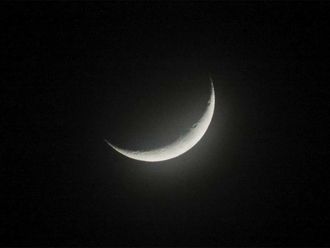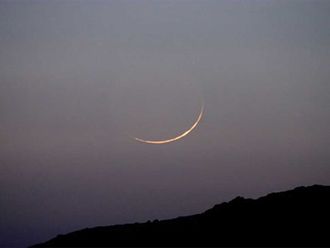Manama: Saudi Arabia will top the Gulf Cooperation Council (GCC) countries with 11 days off as Eid Al Fitr holidays for public sector employees.
Qatar and the UAE follow with nine days off, including weekends, while Bahrain, Kuwait and Oman, the other members of the six-country alliance, will give five days off to the government sector employees.
Private sector employees will have fewer days off since their Eid holidays are usually spread over two days.
Eid, the feast that marks the end of the fasting month of Ramadan, is expected to start on Wednesday.
The exact day will be determined by an ad hoc moon-sighting committee in each of the countries.
Most Muslim countries started the fast this year, one of the five pillars of Islam, on June 6.
The start of Ramadan, the ninth month of the lunar-based Islamic calendar, has been a source of heated debate among Muslims given how countries claim sightings on different dates and start the month on different days.
The clash is mainly between conservatives who insist on seeing the moon with the naked eye, in line with a literal interpretation of Islamic principles.
However, the view is in contrast with the attitude of those who call for the use of astronomical calculations to predict the start and end of the month.
For the naked-eye sightings, varying geographical and weather conditions mean that people in different locations cannot see the appearance of the moon, resulting in Muslims around the world beginning fast on different days.
The strict interpretation of the visibility stipulation is increasingly becoming a source of national and social divisions, defeating the spirit of the call for unity preached by Islam during the sacred month.
Bahrain Astronomer Waheeb Al Nasser has in the past complained about the situation.
“It is regrettable that some countries still reject any role for astronomers in determining the first and last days of Ramadan,” he said.
“I sincerely wish that the committee of the scholars who decide on the first day of Ramadan and the start of Eid would use science and astronomy. Religious scholars should reconsider their views about technology and astronomy.”












